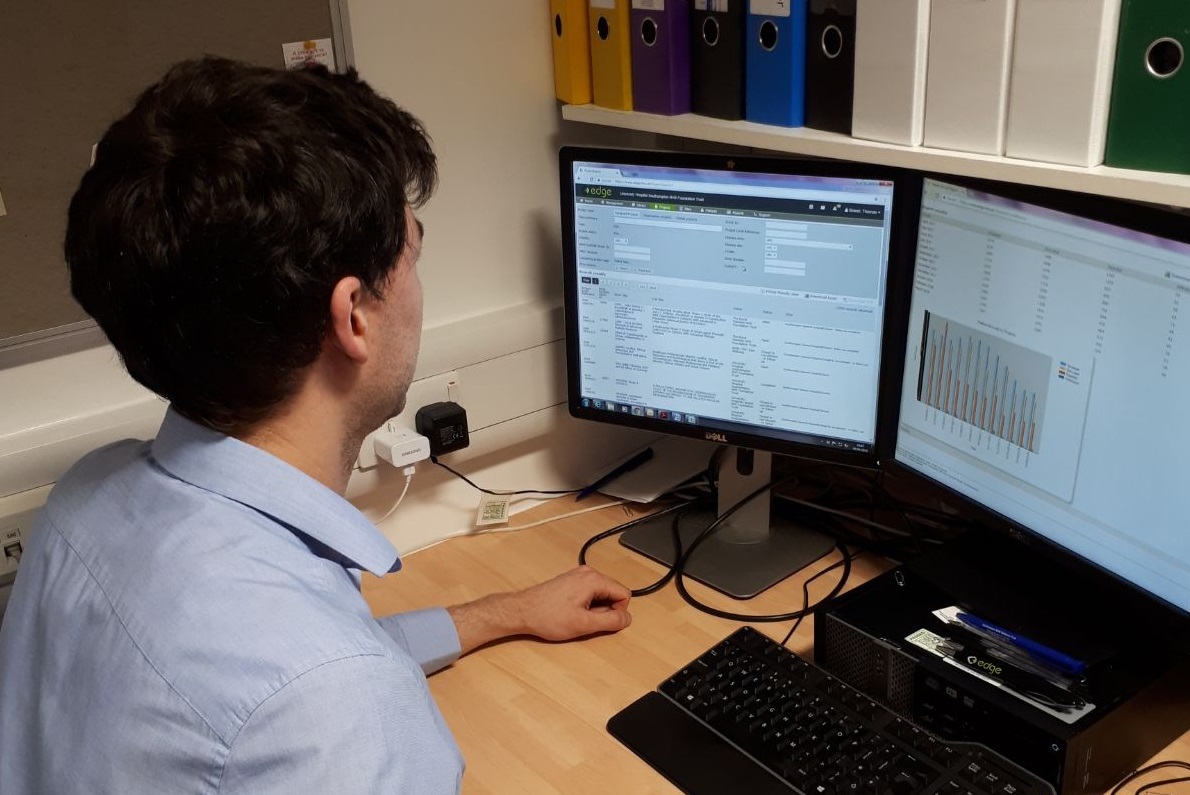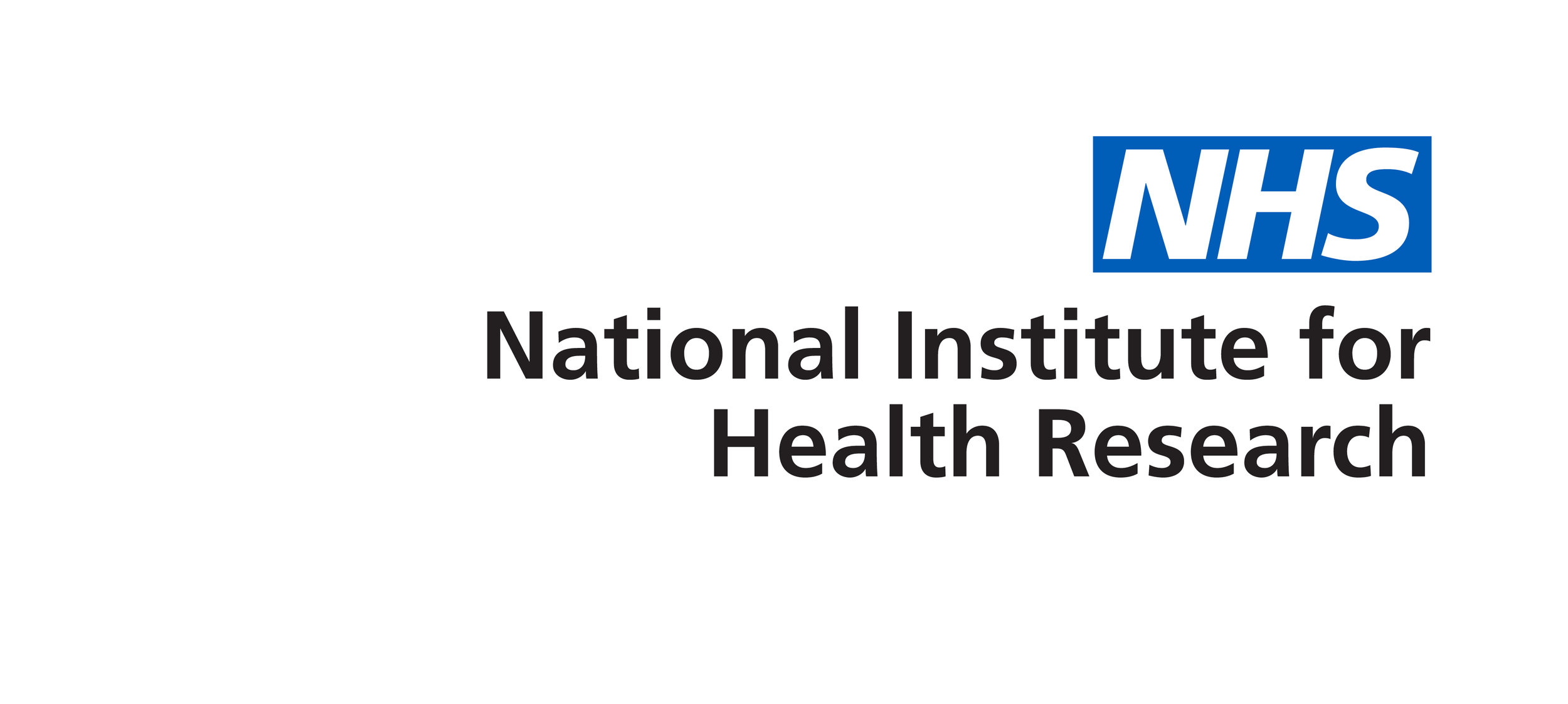My experience within research has been relatively short but a varied one up to this point. I have gained unique experiences and have learnt much about research over the last 4 years. Not only is research an extremely rewarding practice to be a part of but our governments drive for the UK to lead in research for patient care and economic growth also makes for a gratified career prospect.
I first got into research after working for 9 years within many different Pharmacy departments at Southampton General Hospital. Being well aware the step up to a Pharmacy technician wasn’t for me, I knew it was time to take another route. At that time I took an opportunity within the Clinical Trials Pharmacy department as a Senior Clinical Trials Assistant. Dispensing trial drugs and accountability were key aspects of my day to day duties within that role as well as ensuring nurses received their prescription drugs on time for their patient’s appointments. Due to the importance of time windows within most CTIMP protocols, each dispensing item had a time limit from receiving the script to a final technician check. This could be very stressful at times when the pharmacy was extremely busy and as most prescriptions were not presented in advance this could not be predicted. Other essential tasks involved recouping costings from commercial studies by collating finance figures from site file accountability logs. This was very important as our department mostly relied on funding coming in from commercial trials.
After 6 months I was employed as a ‘Pharmacy Clinical Trials Co-ordinator’, an extremely rewarding role where I was solely responsible for over a million pounds worth of trial medication. Good relations and communication with PI’s, Co-Investigators and Nurses were pivotal for preparing CTIMP deliveries and prescriptions, enabling chemotherapy and other trial IVs to be made in the aseptic’s in time for patient’s appointments. As IVs all have various expiries (once made) it’s imperative my organisation skills were on point. Some medication can quickly expire, wasting thousands of pounds of stock while also holding up a treatment chair in a busy cancer clinic, in turn wasting pharmacy and research teams’ valuable time.
With a taste of research I felt it was the right time to move away from Pharmacy after 10 years and I joined the Lung Research team within the same hospital. A small team of 5 (Including myself), consisting of 2 senior nurses and 3 research assistants.
My time was split supporting senior nurses with administration duties such as updating trial site files and inputting data into ECRFs after patient visits, while the other half was assisting in coordinating 100,000 genomes project implementation into the trust. Along with this I also gained consent from patients for the TargetLung study. This would entail following patients through their standard of care journey, taking their bloods and processing bodily fluids in a lab for scientists to process. I would also collect tumour tissues from many different procedures in order to help researchers try and improve their knowledge of how the immune system works with lung diseases. As you can imagine this was an extremely insightful way of learning how laboratories, theatres and various departments work together in research.
With the above hands on experience of clinical trials on my side, it has assisted me a great deal as a Knowledge Officer at the Clinical Informatics Research Unit, in understanding what clinical research teams need to carry out their occupations effectively. The CIRU team has a great diversity of experience from all aspects of research departments which helps us solve problems and brainstorm issues efficiently with good understanding of our users. Naturally there are times when issues arise where we are not familiar, but good relationships with CRNs and the Trusts keeps the CIRU team up to date with current affairs which is helpful for running the EDGE programme.
Blog post written by Lee Pearce,
EDGE Knowledge Officer, CIRU
University of Southampton







